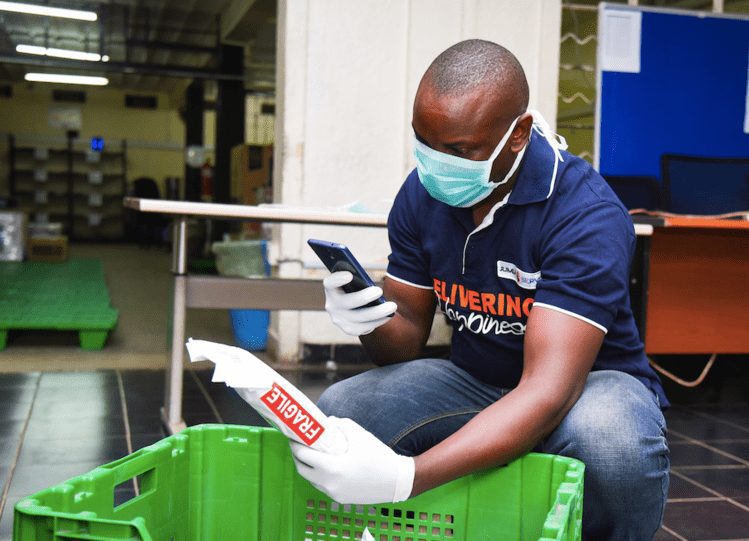SA eCommerce Went From Sulking To Having Black Friday Every Day In 1 Week

Fast-rewind to like three weeks ago and e-commerce platforms in South Africa were mostly groaning. Their pain? The decision by the authorities to keep online commerce on a leash, at a time when e-commerce was flourishing elsewhere.
Until a little over a week ago, e-commerce platforms in South Africa were restricted to trading only certain “essential” products. It was a rather bizarre call that saw many of them basically become suppliers of toiletries, sanitary products, food, baby products, and healthcare products.
This was part of the country’s lockdown measures aimed at containing the pandemic. And e-commerce platforms suffered a significant dip in revenue, which threatened their very existence.
Why block e-commerce at a time when humanity was embracing it to keep trade going?
Well, South Africa’s Minister for Trade and Industry, Ebrahim Patel, did say at some point that the call to restrict e-commerce was made with “fairness” in mind. Patel was of the view that giving a pass to online retailers would be “unfair” to physical shops.
But all that is past tense now. South African e-commerce was unshackled on Thursday, May 14, and it appears South Africans have taken to e-commerce like fish to water. It’s as though the importance of online shopping became heightened during the period when it was suppressed.
Kevin Tucker, CEO of online shopping price comparison website PriceCheck, did tell TechCentral that it’s like “every day is Black Friday now” while describing a spike in traffic.
“Since the afternoon of Thursday, May 14, South Africans have taken to the internet in a way the country has never seen before. Online traffic and user numbers show that e-commerce is experiencing a welcome boon,” said Tucker.
The South African government lifted the restrictions on e-commerce last week, allowing online stores to sell anything they want — except cigarettes and alcohol — under level 4 of the nationwide COVID-19 lockdown. It is now understood that cigarettes have also been given a free pass.
The e-commerce restriction was reversed after it came under significant pressure from lobby groups, including DearSA, e-retailers, and political parties, who all questioned the rationale behind the decision to stifle e-commerce.
Since the government yielded, sort of, online stores in South Africa have been experiencing a big increase in sales. According to reports, the uptick may be related to consumers avoiding physical stores and the problems associated with panic buying.
ParcelNinja’s CEO, Justin Drennan, who spoke to MyBroadband said that they saw an increase of between 20 percent and 30 percent in online sales last week.
Pargo’s CEO, Lars Veul, also revealed that there has been a surge in online orders for delivery after President Ramaphosa’s most recent announcement which signaled a let-up.
Among the most sought-after items on South African e-commerce sites are cleaning and sanitation products, gas heaters, digital thermometers, TVs, and cellphones.
There’s also an apparent demand for remote work/work-from-home tools like laptops, webcams, and LTE modems, as well as home gym equipment.
Featured Image Courtesy: Cosmetics Design Europe